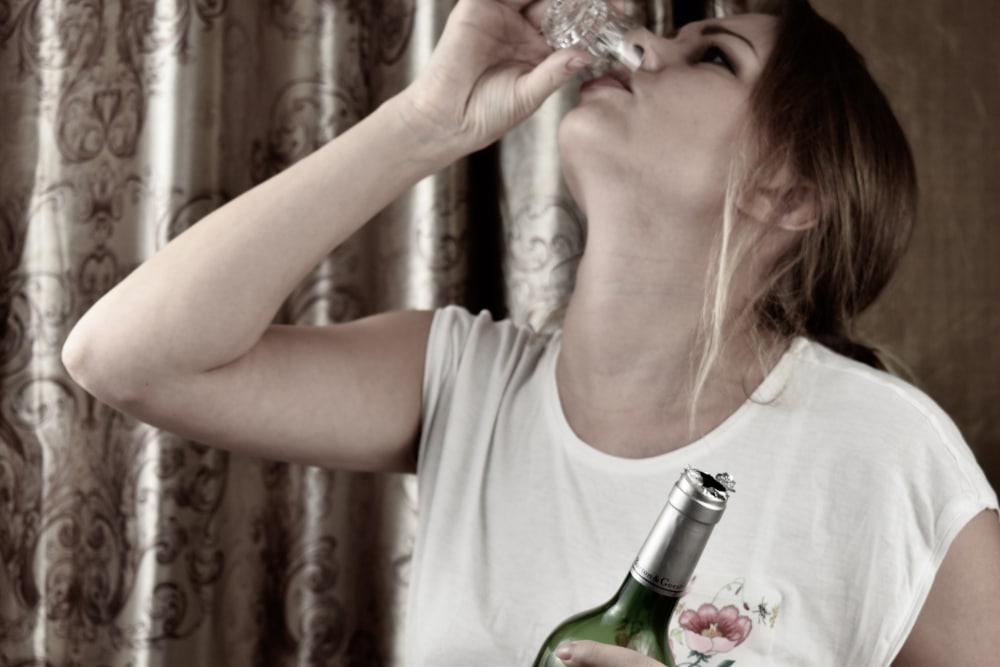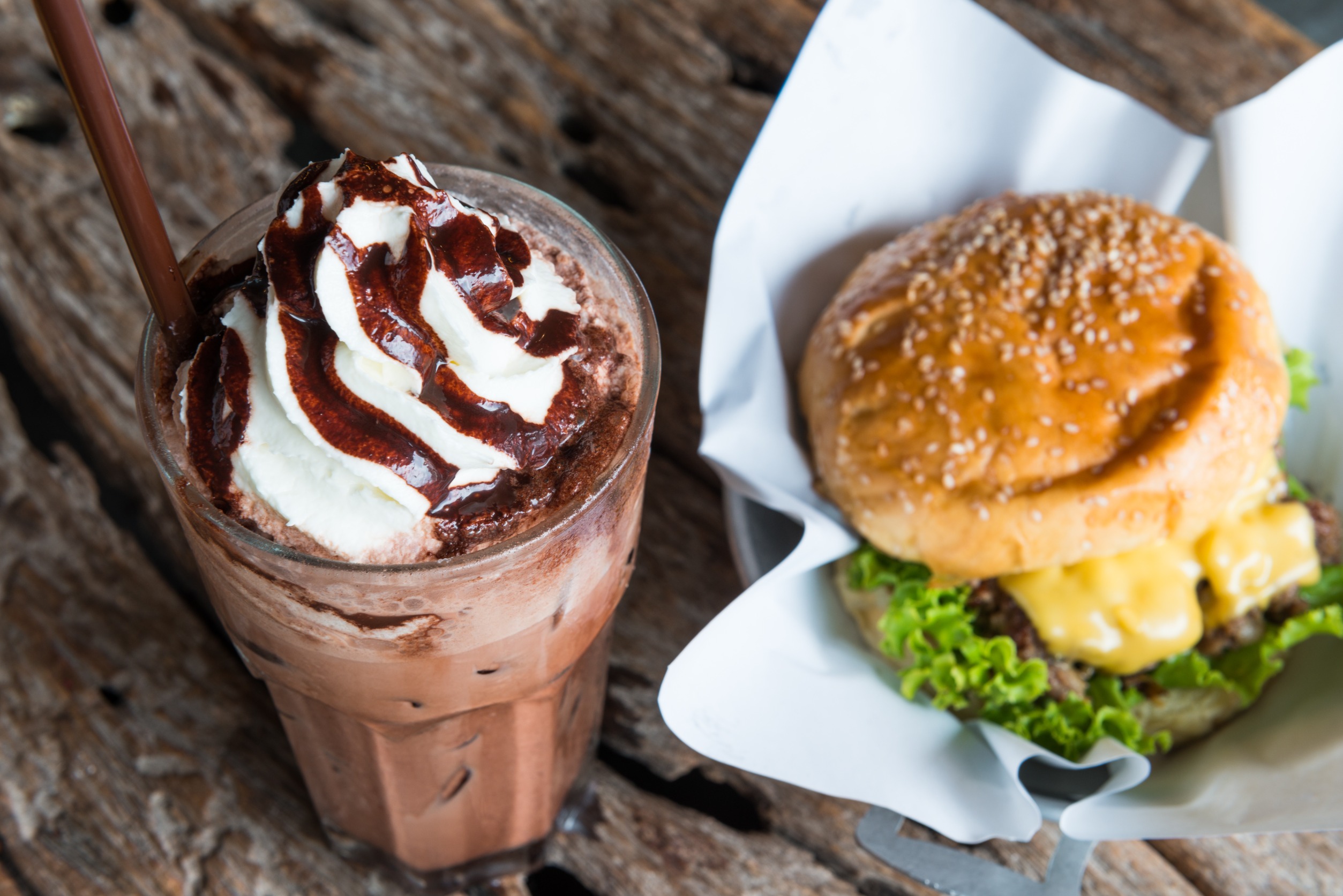More Than Half the People In Treatment for Addiction Are Victims of Sexual Abuse

We cover a lot of science on this blog. That’s one way of looking at addiction. The science has brought people who suffer out of the shadows and into treatment, and that’s a good thing. It saves lives, and it adds many happy years to people’s lives that would otherwise have been full of pain and shame.
There’s another way to approach addiction, and that’s with compassion. There’s science in that, too, but it begins with a desire to help more than a desire to understand. The people who work in addiction treatment facilities throughout the United States are not looking to cure addiction so much as they’re looking to cure Jane Doe, the suffering patient in front of them.
At the end of April, Waterbury, Connecticut, witnessed the retirement of Joseph Futchik, founder and president of the Family Intervention Center and a substance abuse counselor for 50 years. Award-winning investigative journalist, Tracey O’Shaghnessy, interviewed Futchik for a feature in the Greenwich Time. When asked about the most profound lesson he’s learned in a half century of helping people work through all kinds of addictions, Futchik was blunt:
About 50% of the people we deal with have dealt with some type of sexual abuse. So many of our people have been sexually abused growing up. We are a really disturbed society. There’s a lot of sick people in this society.
“Exposure to trauma is considered a risk factor for the development of addictive disorders,” according to an international team of researchers reporting in the journal Addictive Behaviors. They attempted to cross-reference the frequency and severity of both behavioral addictions and substance use disorders (SUDs) with a history of trauma, including sexual assault, physical assault, assault with a weapon, and trama in armed conflicts.
Some traumas do, indeed, lead to addiction more often than others. At the top of the list is sexual assault, leading to alcohol use disorder 15% of the time, compared with 12% for those injured in combat. Corroborating Futchik’s 50% estimate, researchers at Harvard Medical School report that, “More than half of substance abusers entering addiction treatment report a history of physical or sexual abuse.”
The researchers further note that two-thirds of all women entering addiction treatment have a history of physical and/or sexual abuse. One-quarter of all men entering addiction treatment have a history of physical and/or sexual abuse. Both men and women have worse than average one-year-later outcomes from standard addiction treatment:
[…][P]hysical and/or sexual abuse was significantly associated with worse psychiatric status and more psychiatric hospitalizations and outpatient treatment despite receiving similar intensive addiction treatment.
Futchik started his career 50 years ago at an outpatient mental health clinic where he dealt with a lot of alcoholism. He notes that alcoholism rates for women began increasing in the 1990s. Indeed, Fast Company calls the increase in women dying from alcohol use disorder “alarming.” The Centers for Disease Control (CDC) reports that between 2016 and 2021, deaths from excessive alcohol use increased 34.7% among females.
Futchik’s prescription for addiction is to deal also with the trauma underlying much of it. He recommends writing, in particular, composing a letter to the perpetrator(s) of the abuse to surface feelings that can then be faced rather than suppressed. “Face it, don’t displace it,” writes Dr. Robert Pretlow, publisher of AddictionNews, and creator of the BrainWeighve app that teaches teens how to face stress, not displace it by turning to overeating to deal with stressful situations.
Futchik’s personal therapy is gardening. He likes that he can see the results of his efforts. Gardening is an excellent substitute habit for people in recovery from addiction. Habit substitution is a powerful tool to unhook from a harmful substance or behavior by attaching, even temporarily, to a harmless one. Fishing, hiking, sewing, drawing, playing music — pretty much any activity that engages both the mind and the hands can help ward off urges and reduce cravings.
Written by Steve O’Keefe. First published May 14, 2025.
Sources:
“A retiring Waterbury counselor treated addiction and trauma for decades. Here’s what he learned,” Greenwich Time, May 3, 2025.
“The association between type of trauma, level of exposure and addiction,” Addictive Behaviors, July 2021.
“Prevalence of physical and sexual abuse among substance abuse patients and impact on treatment outcomes,” Drug and Alcohol Dependence, April 4, 2005.
“Alcohol-related deaths climbing faster among women, CDC study finds,” Health Policy Institute of Ohio, March 29, 2024.
Image Copyright: victoriadunn.




